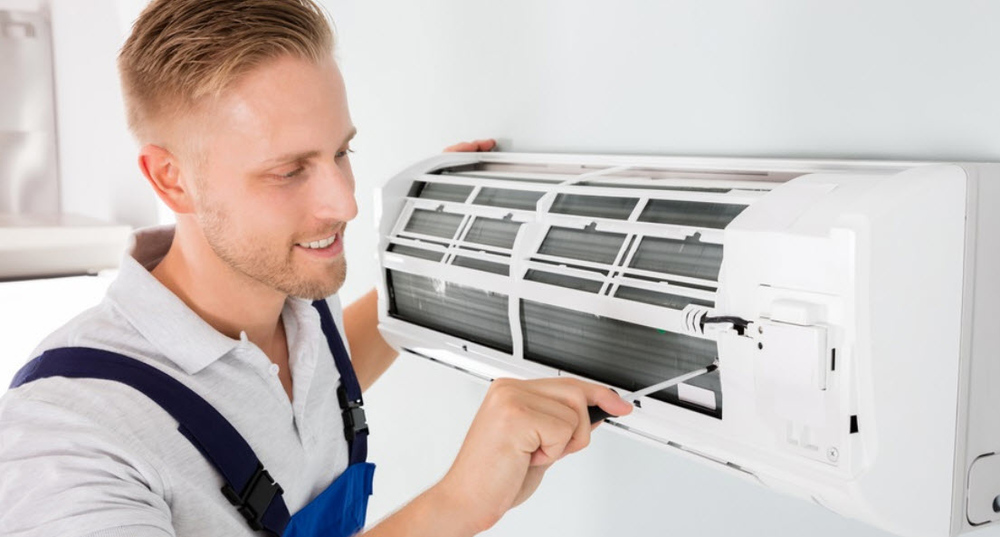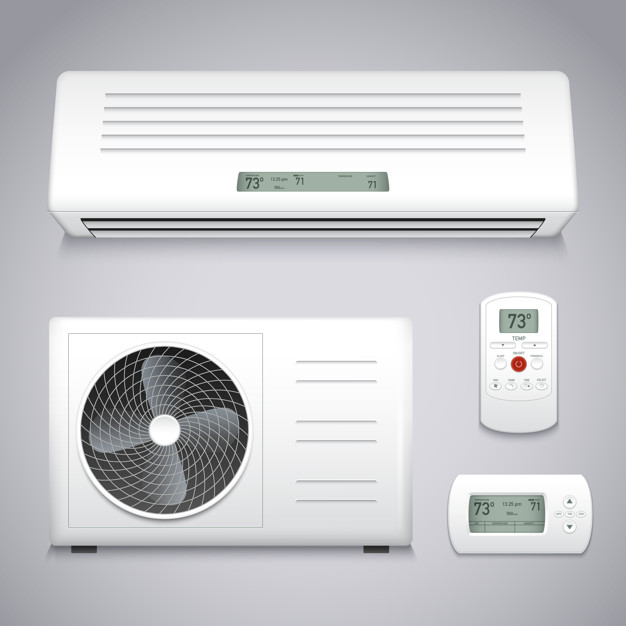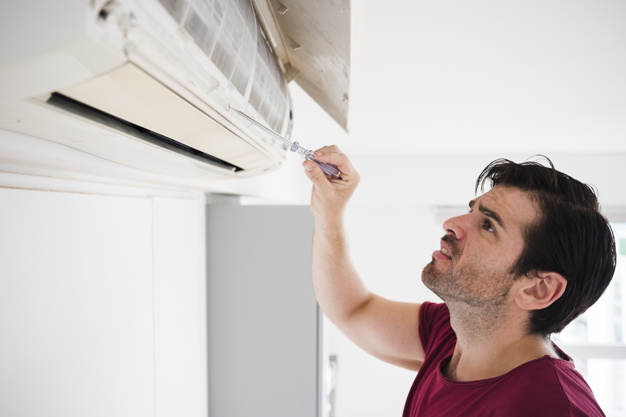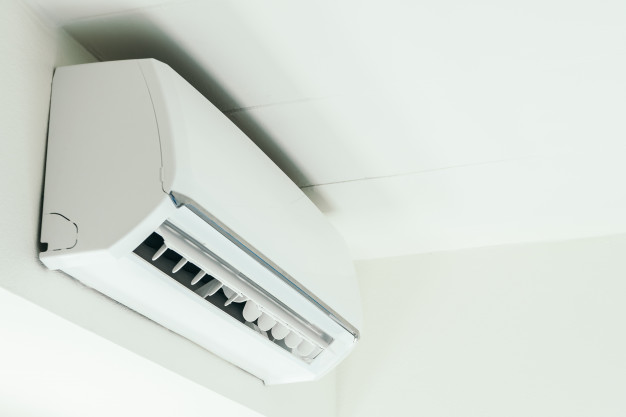Owning an AC is a very common practice. While most people tend to forget about their ACs during winter, come summer and the demand for AC rises. They make the summer heat bearable and during this time if the Ac breaks down and the air conditioner repair technician has to be called, it gives rise to anger and frustration. To avoid this, it is best to ensure regular check-up of the AC.
To handle some technical problems, the AC technician has to be called. However, certain common problems can be easily solved at home. They are:
- Water leakage: This can take place inside and outside the house yet the reasons for the two are different. However, care should be taken to ensure that the AC is not switched on in times of heavy water leakage.
- When AC starts leaking water inside the house, it is a sign that the AC has not been maintained; it has been neglected. Sometimes the pipe clogs up with algae etc and prevents water from going outside, which is then released inside the house as leakage. The breakdown of the condenser pump is also a possibility.
- Some plausible reasons for water leakage outside the house near the outdoor unit are dry air filter, bad AC seal, broken condensate pipe, improper installation etc. These problems can only be solved by the air conditioner repairs person.
- Leak in refrigerant: Freon or the AC refrigerant is tasked with cooling the hot air within the AC. Such leaks are harmful to the environment and reduce machine efficiency. In case the leak is minor, DIY solutions will prevent this but if it is a major leak, then the repairperson has to be called.
- Dirty filters: With use dust and dirt tends to accumulate in the air filters of the AC. This tends to decrease its efficiency and the room takes longer to cool down. The dry filters need to be taken out from the AC after switching it off. Then the filters are cleaned and re-installed in their correct positions.
- Evaporator coil freezes: In this situation, the AC does not get enough air to function and might stop working completely. If left unchecked, ice sheets accumulate on the coil thereby preventing the absorption of latent heat by the refrigerant. If this problem arises, the AC should be immediately stopped and an air conditioner repair technician should be immediately called to rectify the problem.
- Electrical control failure: The AC functions smoothly only when the compressor, the condenser and blower motors work smoothly. However, there are times when there is a disruption in the connection either due to the wearing out of the wires or separation in the connection. Since this is an electrical problem, the AC repair person should be called and the problem officially solved.
- Failure of the AC fan: The AC fan helps keep the compressor temperature down. This fan is located in the outdoor unit and if it stops functioning, the compressor might overheat and trip the electrical system. This problem needs the intervention of a professional air conditioner repairs technician and he should thus be called.
The above problems are easy to diagnose and deal with. While some require professional intervention, others can be done using DIY ideas. These problems are commonly found in homes with ACs and hence should not be a cause of tensions and frustrations.
Read




